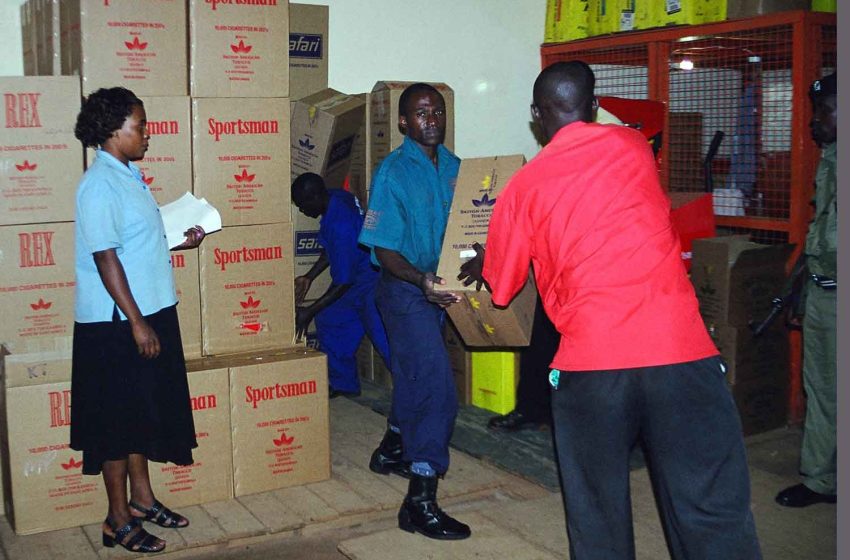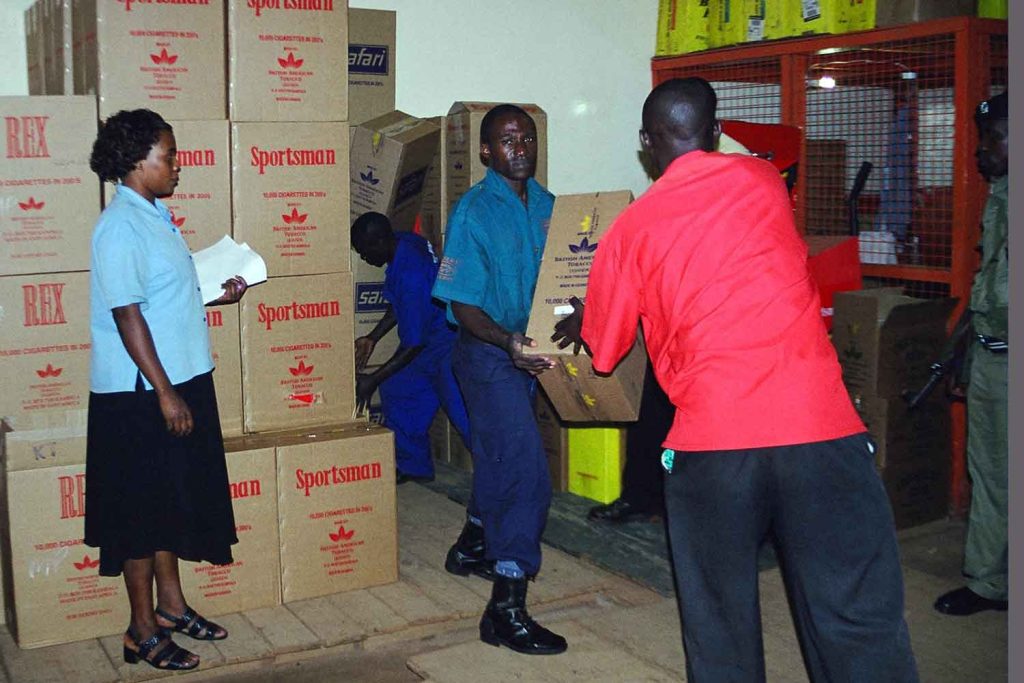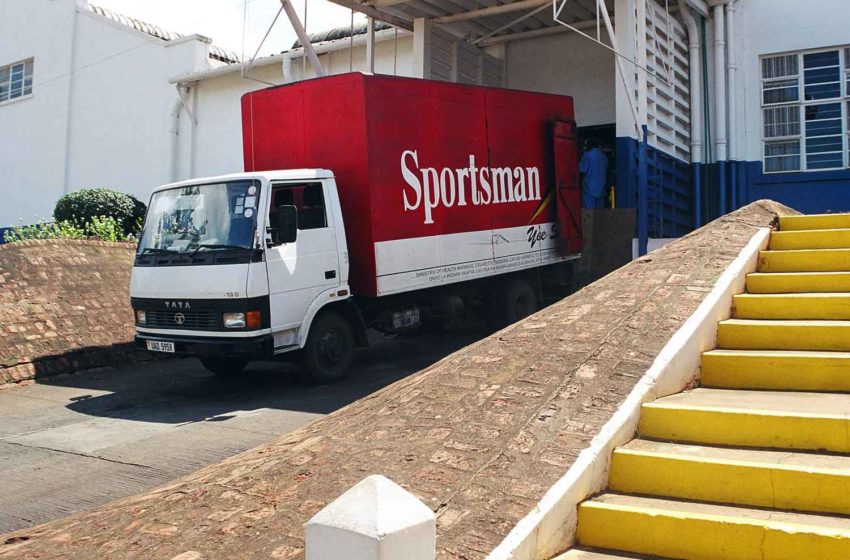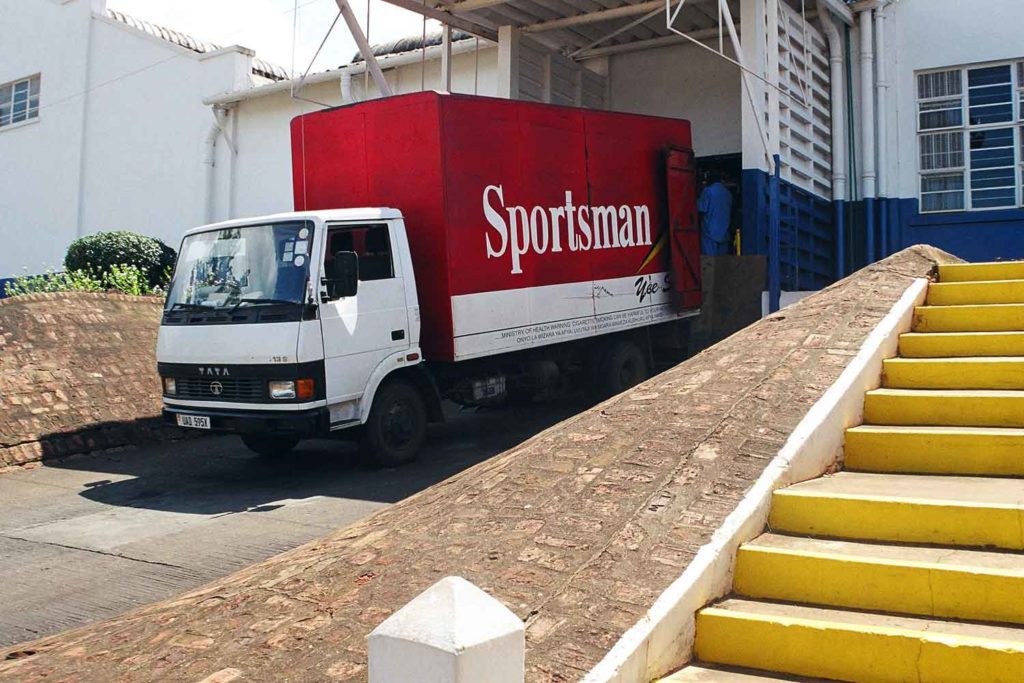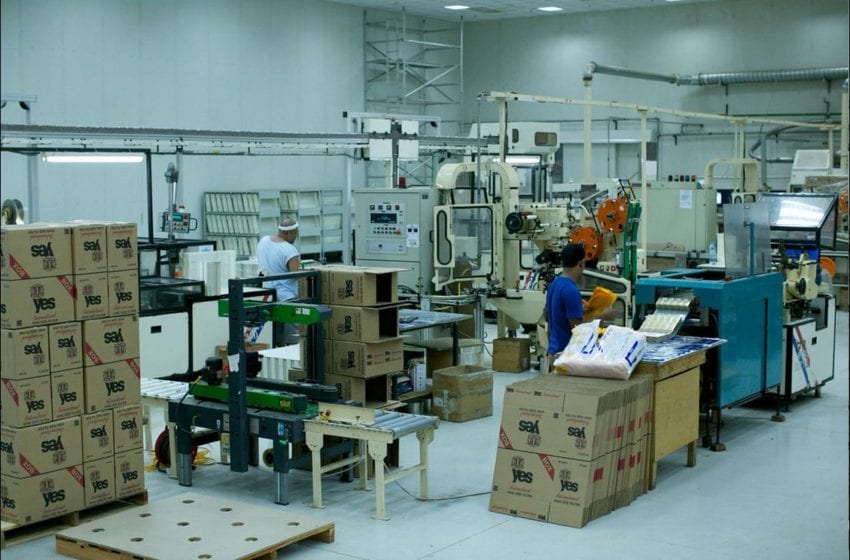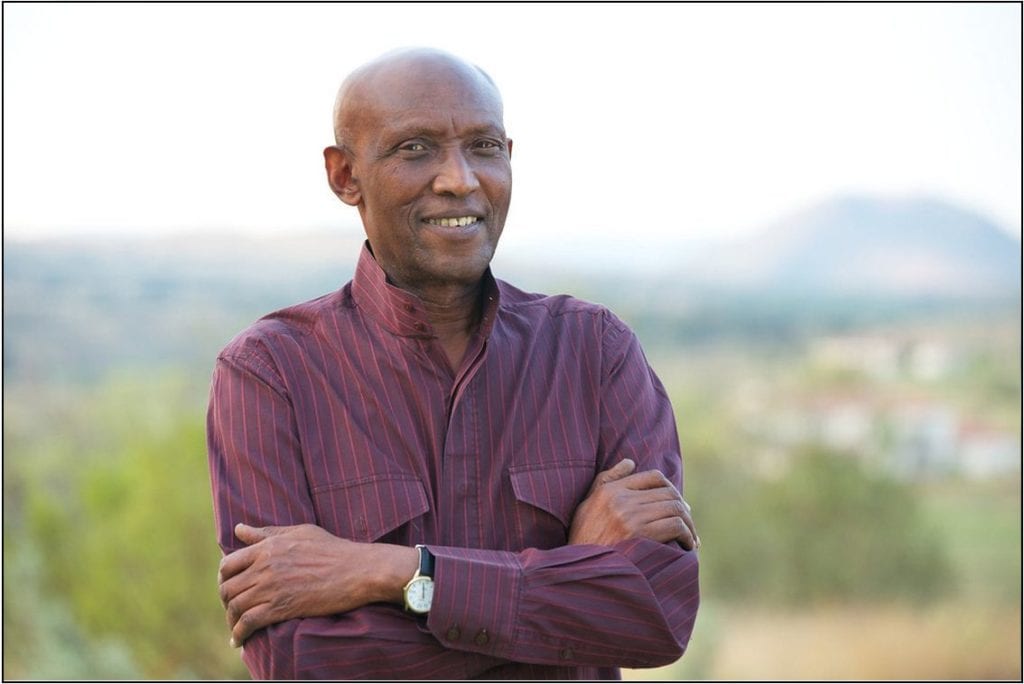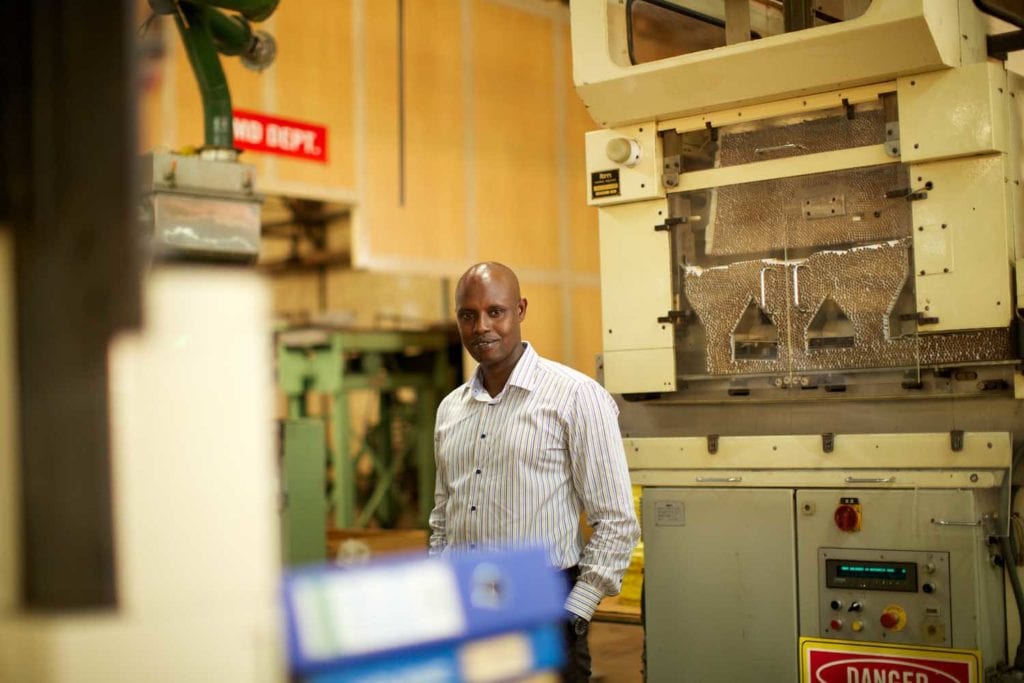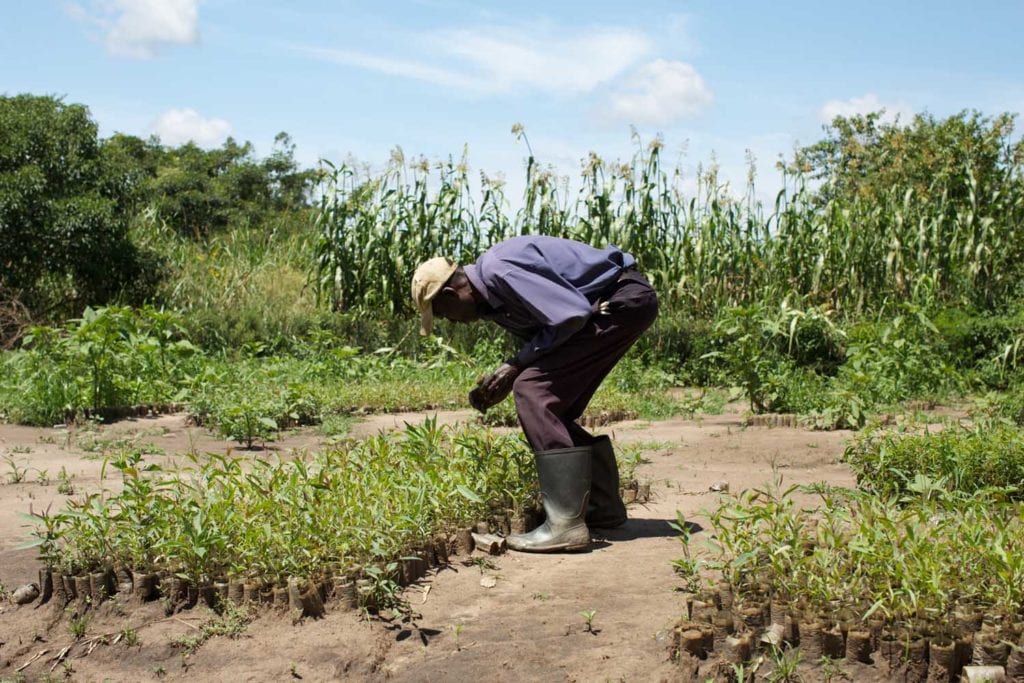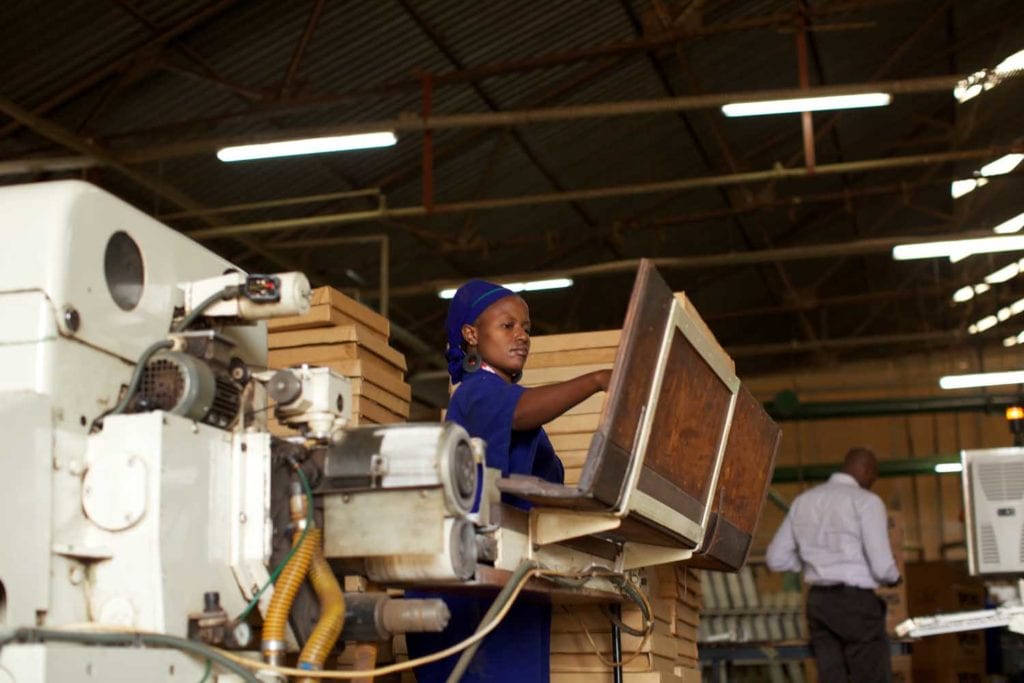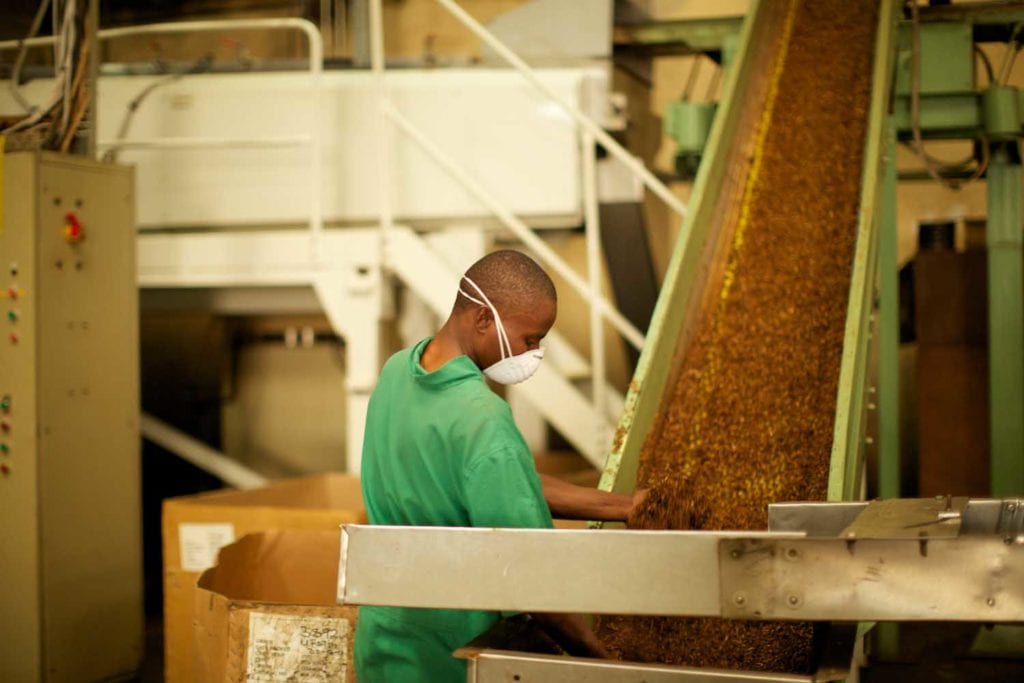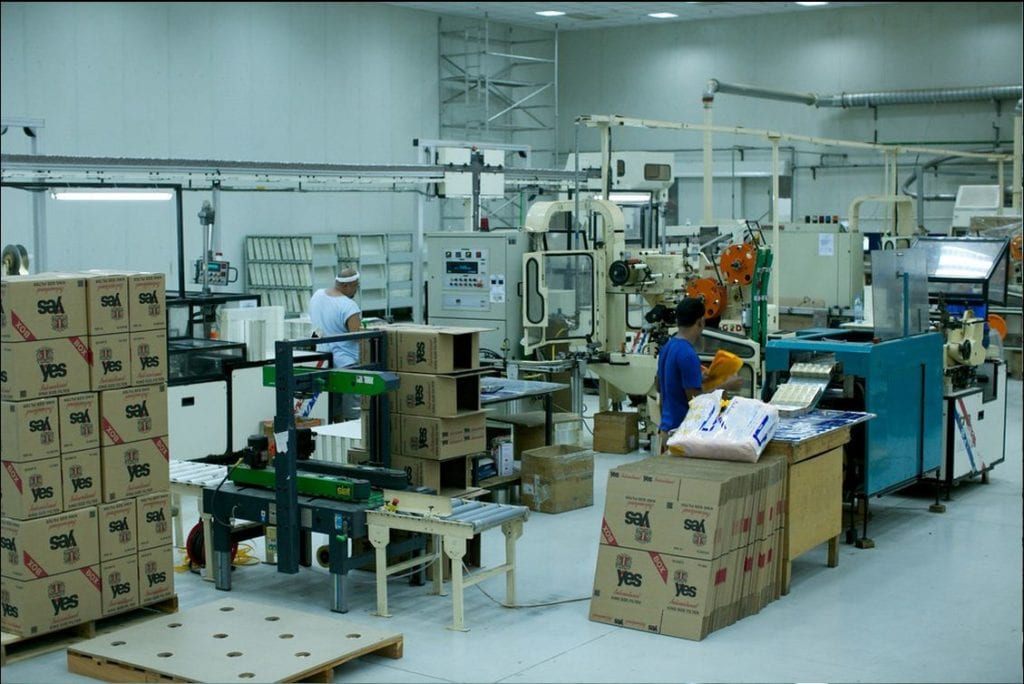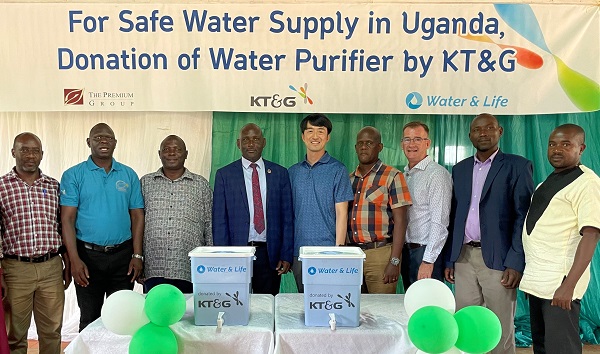
KT&G is providing 400 environmentally friendly water purification devices worth KRW110 million ($81,406) to 94 primary schools in Uganda. Park Hyeon-seok, KT&G’s Tanzania materials branch manager, attended a distribution ceremony on April 30 in Hoima City, at the heart of Uganda’s tobacco-growing area.
Out of approximately 49.9 million nationals, 9.2 million lack access to safe drinking water, according to According to Uganda’s Water Environment Authority. This contributes to the spread of waterborne diseases such as cholera, and typhoid fever, leading to high infant mortality rates and social issues.
The gravity-fed filtration devices supplied by KT&G will not only address Uganda’s drinking water hygiene issues but also replace the traditional water purification methods that involve boiling water using wood and charcoal, thereby saving the equivalent of up to 3,500 tons annually in carbon emissions.
Exporting to more than 130 countries, KT&G says its tries to help solve various social issues in countries where it operates, especially in developing nations. In 2021, KT&G also supported a Tanzanian primary school by providing 1,300 water purification units. Additionally, the company has implemented CSR activities tailored to the specific conditions of various countries. These initiatives include supporting vocational training centers in Indonesia, establishing agroforestry education centers in Mongolia, and constructing schools in Laos.
“We hope that this water purification support will help improve the sanitary conditions in Uganda,” said Shim Young-Ah, director of KT&G’s ESG management office, in a statement. “As a global corporate citizen, we will continue to focus on and fulfill our social responsibilities to countries in need.”

